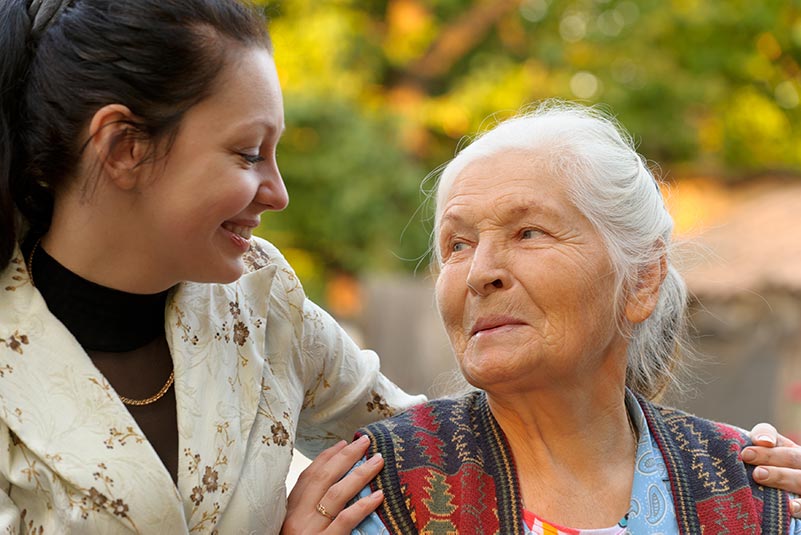By Dr. Walter Lin, MD, MBA, Gerontology Specialist and founder of Generation Clinical Partners
Aging is inevitable. When you’re close to an older person it can be hard to know how to help them during their next stage of life. If you’ve noticed changes in your loved one, there are signs you can watch for to help them decide if a conversation with their doctor about senior care is needed. By bringing in expert help you can work with your loved one to focus on slowing the decline that naturally comes with aging.
The ability to complete activities of daily living can be used to measure if an older person could benefit from having a little more help. These activities are essential elements of self-care, the inability to perform even just one of them may signal a need for supportive services. Activities of daily living include:
- Bathing – bathing more than one part of the body, getting in or out of the tub or shower.
- Dressing – dressing self or needs to be completely dressed.
- Toileting – transferring to the toilet, cleaning self, or using bedpan or commode.
- Transferring – moving from bed to chair or requiring a complete transfer.
- Continence – partially or totally incontinent of bowel or bladder.
- Feeding – preparing food or feeding.
In addition to these, there are specific signs of functional decline to watch for. These revolve around motor, balance, dexterity, and sensory skills. Functional decline signs include:
- Limited mobility
- Change in posture/gait
- Frailty/lack of strength
- Poor coordination
- Difficulty breathing
- Limited stamina
- Exhaustion
- Poor balance
- Pain/soreness
- Signs of injury
If these sound like your loved one’s situation, it may be time to encourage them to talk with their primary care physician to get an accurate assessment. Current guidelines suggest older adults be assessed at least once a year, with more frequent evaluations recommended for patients with chronic disease such as dementia and heart disease. There are options a medical professional can recommend to ease these issues, improve the situation, and most importantly slow the decline.
Download the “When to Worry” Checklist.
This blog is part of a four-part series on helping your loved one navigate their aging journey. Click to read other blogs, including:
Tips for Difficult Conversations about Aging
Helping Your Aging Loved One get Legal Affairs in Order
Options in Senior Living – What’s Available and What Questions to Ask

Dr. Lin trained in internal medicine at Yale New Haven Hospital. He earned his Doctor of Medicine from the University of California, San Francisco, Masters of Health and Medical Sciences from the University of California, Berkeley, Masters of Business Administration from the Wharton School of Business at the University of Pennsylvania, and Bachelor of Arts and Sciences in biology and economics from Stanford University.


